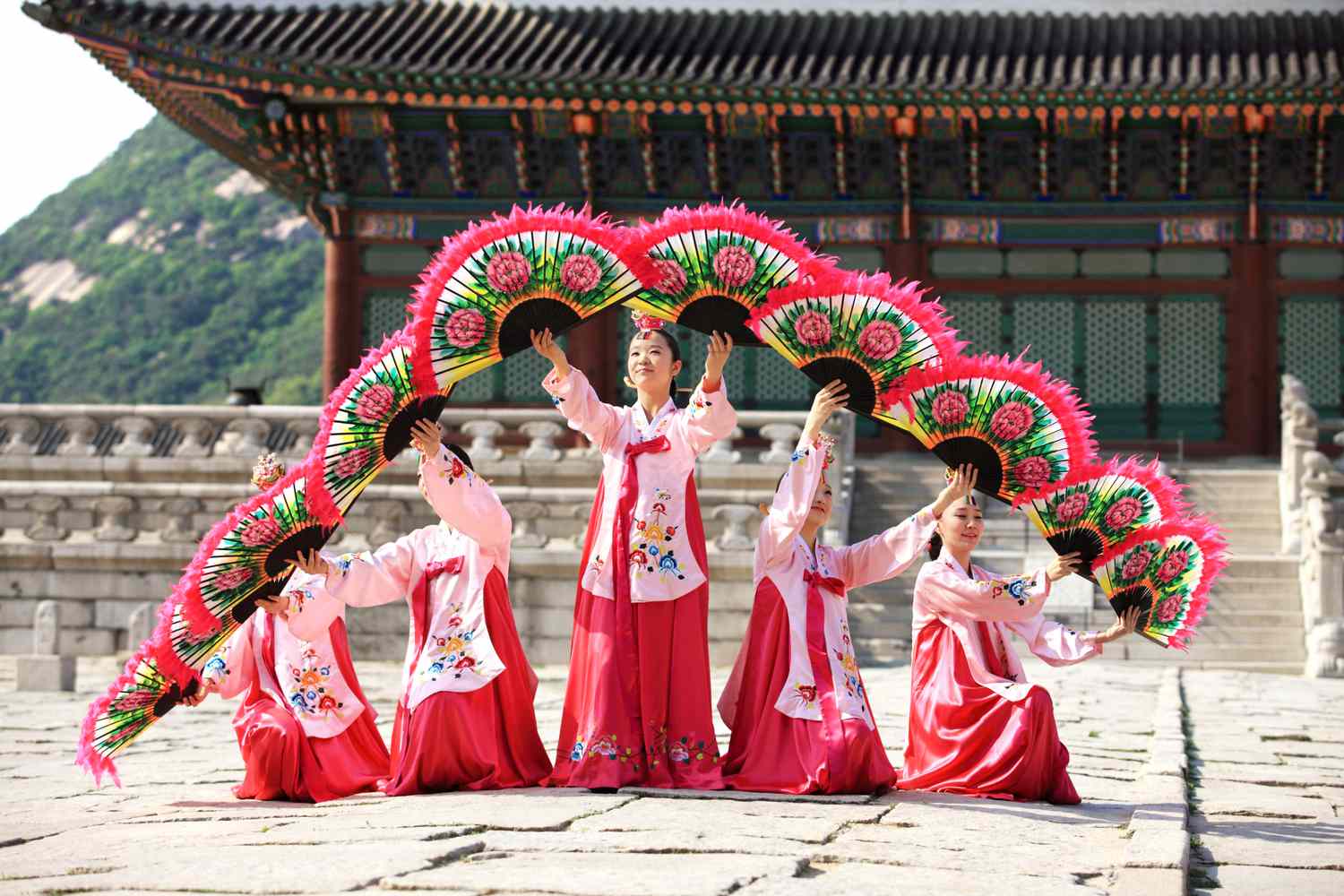
Korean history is a rich tapestry woven with tales of dynasties, invasions, and cultural evolution. From the ancient kingdoms of Goguryeo, Baekje, and Silla to the modern-day Republic of Korea, the journey is nothing short of fascinating. Did you know that Korea's history spans over 5,000 years? This long timeline includes the invention of the world's first metal movable type, centuries before Gutenberg's press. Korea also boasts the oldest astronomical observatory in Asia. Curious about the origins of kimchi or the significance of the Korean alphabet, Hangul? These are just a few highlights. Dive into these 14 intriguing facts to uncover more about Korea's captivating past.
Ancient Beginnings
Korean history stretches back thousands of years, filled with fascinating events and cultural milestones. Let's dive into some intriguing facts about Korea's ancient past.
-
Gojoseon: The first Korean kingdom, Gojoseon, was founded in 2333 BCE by Dangun Wanggeom. This mythical figure is said to be the son of a heavenly prince and a bear-turned-woman.
-
Three Kingdoms Period: From 57 BCE to 668 CE, Korea was divided into three kingdoms: Goguryeo, Baekje, and Silla. Each had its own unique culture and governance.
-
Goguryeo's Military Prowess: Goguryeo was known for its strong military and successfully defended against numerous invasions, including those from China.
-
Silla's Unification: In 668 CE, Silla unified the Korean Peninsula by conquering Goguryeo and Baekje, marking the beginning of the Unified Silla period.
Cultural Flourishing
Korea's rich cultural heritage is evident in its art, literature, and traditions. Here are some key cultural highlights.
-
Hwarang Warriors: During the Silla period, an elite group of young men called Hwarang were trained in martial arts, poetry, and ethics. They played a crucial role in Silla's military successes.
-
Tripitaka Koreana: This collection of Buddhist scriptures, carved onto over 80,000 wooden blocks, was created during the Goryeo Dynasty. It remains one of the most comprehensive and well-preserved Buddhist texts in the world.
-
Celadon Pottery: Goryeo Dynasty artisans perfected the art of celadon pottery, known for its exquisite jade-green glaze and intricate designs.
-
Hangul: In 1443, King Sejong the Great of the Joseon Dynasty created Hangul, the Korean alphabet. This innovation made literacy more accessible to the common people.
Political and Social Developments
Korea's political landscape has seen significant changes over the centuries. These facts highlight some of the key developments.
-
Joseon Dynasty: Lasting over 500 years (1392-1910), the Joseon Dynasty is one of the longest-ruling dynasties in world history. It established Confucianism as the state ideology.
-
Gabo Reforms: In the late 19th century, the Gabo Reforms aimed to modernize Korea by abolishing the class system, ending slavery, and introducing new educational and military systems.
-
Annexation by Japan: In 1910, Korea was annexed by Japan, leading to a period of harsh colonial rule that lasted until the end of World War II in 1945.
Modern Era
The 20th and 21st centuries have brought significant changes and challenges to Korea. Here are some notable modern historical facts.
-
Korean War: From 1950 to 1953, the Korean War saw North and South Korea, backed by their respective allies, engage in a brutal conflict. The war ended in an armistice, but no peace treaty was signed, leaving the two Koreas technically still at war.
-
Economic Miracle: Post-war South Korea experienced rapid economic growth, transforming from a war-torn country into one of the world's leading economies. This period is often referred to as the "Miracle on the Han River."
-
Democratization: South Korea transitioned from military rule to a democratic government in the late 20th century. The June Democratic Uprising in 1987 was a pivotal moment that led to significant political reforms and the establishment of a democratic constitution.
The Final Word on Korean History
Korean history is full of fascinating events and remarkable figures. From the ancient Three Kingdoms period to the modern era, Korea's past is rich with cultural achievements and historical milestones. The influence of Confucianism, the impact of Japanese colonization, and the division of the Korean Peninsula are just a few key elements that have shaped the nation's identity. Understanding these facts helps us appreciate Korea's resilience, innovation, and cultural heritage. Whether you're a history buff or just curious, diving into Korean history offers a unique perspective on a nation that continues to influence the world. So, next time you think about Korea, remember the depth and richness of its history. It’s more than just a country; it’s a story of endurance and transformation.
Was this page helpful?
Our commitment to delivering trustworthy and engaging content is at the heart of what we do. Each fact on our site is contributed by real users like you, bringing a wealth of diverse insights and information. To ensure the highest standards of accuracy and reliability, our dedicated editors meticulously review each submission. This process guarantees that the facts we share are not only fascinating but also credible. Trust in our commitment to quality and authenticity as you explore and learn with us.


